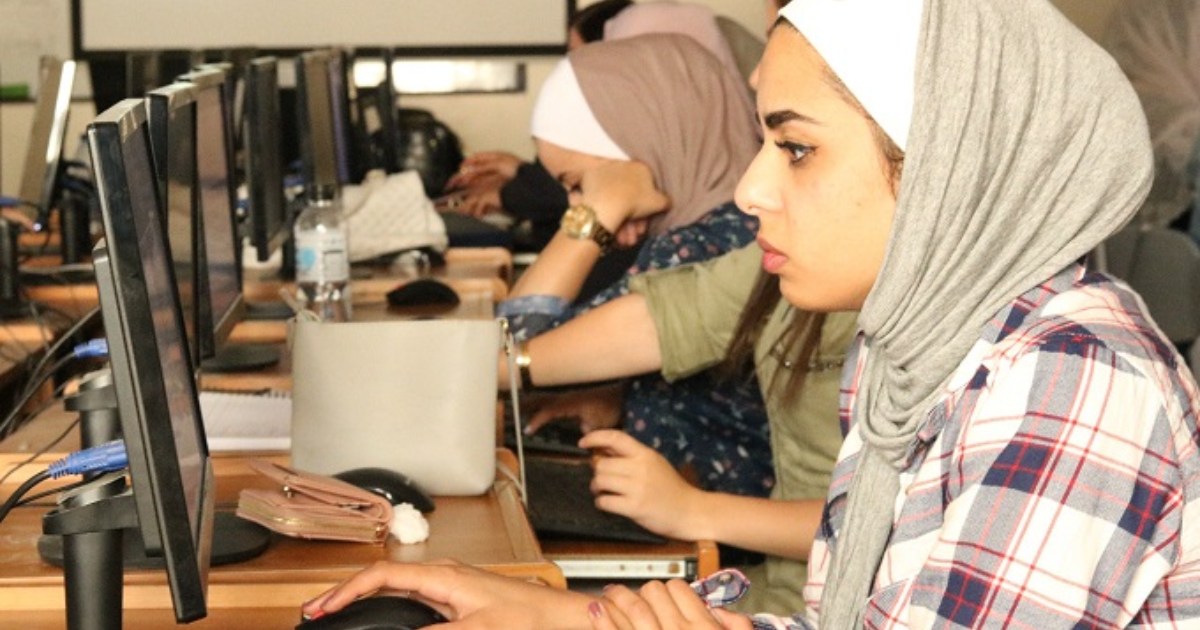Blogs
The Role of Technology in Supporting Syrian Refugees

It’s easy to think of refugee support in physical terms: food, shelter, and clothing. But there’s another layer, just as vital, that you don’t always see: connection. The role of technology in supporting Syrian refugees has become one of the most impactful tools in the journey from displacement to stability.
From smartphones to digital learning platforms, technology helps bridge gaps when everything else breaks down. At Aramea Foundation, we’ve seen how digital tools help Syrian families find safety, stay informed, and rebuild their lives, often with just a few taps.
Staying Connected in Crisis
The first thing many Syrian refugees do after crossing a border isn’t look for shelter, it’s find a Wi-Fi signal. Why? Because technology offers a connection to family, news, services, and opportunities. Mobile phones become lifelines in crisis. And this is where the role of technology in supporting Syrian refugees becomes immediate and personal.
Whether it’s checking legal status updates, connecting with a local aid group, or simply messaging loved ones back home, digital tools help refugees navigate systems that would otherwise be overwhelming.
Learning Without Borders
For children who have missed months or years of school, online learning platforms are essential. Technology brings classrooms to refugee camps. Educational apps and remote tutors allow kids to catch up, even when they can’t attend a physical school.
Technology is particularly powerful in education. We’ve helped develop virtual learning spaces for displaced students. When schools are too far or overcrowded, a tablet with a stable internet connection can make all the difference.
Accessing Legal and Health Services
Technology also helps Syrian refugees access critical services. Whether it’s legal advice via WhatsApp or mental health support through online chatrooms, digital tools break down barriers to care. Instead of navigating complicated paperwork in a foreign language, families use apps to understand their rights or book appointments.
The role of technology in supporting Syrian refugees includes giving them autonomy. It’s about access that feels safe, private, and empowering, especially for those who may not feel comfortable asking for help face-to-face.
Employment and Skill Building
Technology doesn’t just help with survival. It opens doors to opportunity. Refugees are increasingly using online platforms to learn skills, find freelance work, or start small businesses. This economic empowerment helps people support themselves instead of relying on aid.
Whether it’s coding from a shared laptop in a shelter or selling handmade goods through social media, the role of technology in supporting Syrian refugees includes giving them a way forward. Aramea Foundation has supported digital literacy workshops that prepare refugees, especially women and youth, for this new reality.
Making Support More Efficient
Technology doesn’t just help refugees, it helps the organizations that serve them. We use data systems to track aid delivery, monitor education programs, and assess community needs in real time. That means more efficient response, less waste, and smarter planning.
When emergencies hit, having this infrastructure already in place makes all the difference. The role of technology extends into every part of how humanitarian work is done, from communication to logistics.
Conclusion
The role of technology in supporting Syrian refugees is no longer a side benefit. It’s a central pillar of humanitarian aid. It helps people stay informed, educated, connected, and empowered. It turns isolation into communication, uncertainty into access, and despair into possibility.
At Aramea Foundation, we believe every refugee deserves more than just survival. They deserve the tools to shape their future. And sometimes, those tools fit in the palm of your hand.
